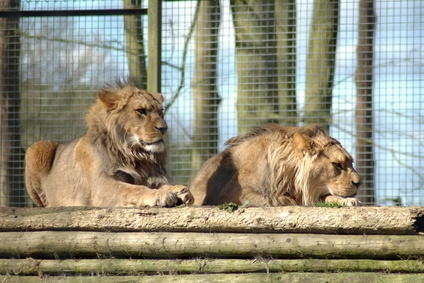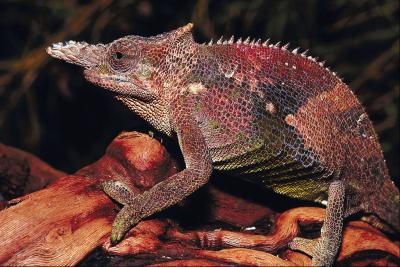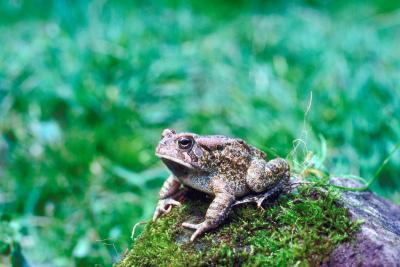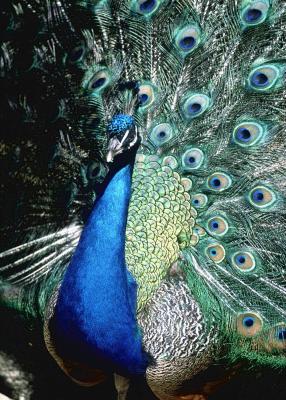
Exotic Pet Laws in Georgia. Laws regarding possession of exotic animals vary greatly from state to state. While some states do not govern private possession of exotic animals at all, others strictly forbid the possession of exotic, potentially dangerous animals as pets or otherwise. Georgia's laws regarding this issue fall between these two extremes.

In Georgia, it is considered unlawful to possess what they dub "inherently dangerous animals" as pets. If the person seeking to own an exotic animal is engaged in the wild animal business (wholesale or retail), or the person exhibits wild animals to the public, he must obtain a license to possess such animals.
Inherently dangerous animals include an exhaustive list of animal classes, orders and families. These include most nonhuman primates, big cats, African deer such as the springbok and several varieties of wild dog. In all cases, these animals are "subject to the license or permit and insurance requirements" outlined in Georgia's law.
According to Georgia's laws regarding wild animal licenses, those applying must meet certain criteria: the applicant must be 18 or older; obtain a license from the Animal and Plant Health Inspection Service of the United States Department of Agriculture or provide written documentation that he or she is exempt; submit documentation stating that the proposed facility construction and the holding of wild animals are not prohibited by county or municipal ordinances; obtain required business licenses and make certain that the animals' facilities are completely separated from residences and meet specifications for humane handling, care and confinement set by Georgia state law.
As an addendum to the "specifications for humane handling, care and confinement," those holding a license for the purpose of public exhibition must make their facility open to the public for a time no less than 30 hours per week for at least six months each year.
In some cases, separate stipulations exist for an animal or group of animals. As an example, in Order Carnivora (weasels, ferrets, cats, bears, wolves, etc.), all species except a European ferret (Mustela putorius furo) may be sold, purchased, exhibited or held as a pet without a license or permit.
Georgia state law also includes a ban on the selling, transferring, delivering and surrendering of wild animals unless the buyer holds a license or permit.
 How Long Do Sugar Gliders Live in Captivity?
How Long Do Sugar Gliders Live in Captivity?
How Long Do Sugar Gliders Live in Captivity?
How Long Do Sugar Gliders Live in Captivity?
 Fun Facts on the Life Cycle of the Chameleon
Fun Facts on the Life Cycle of the Chameleon
Fun Facts on the Life Cycle of the Chameleon
Fun Facts on the Life Cycle of the Chameleon
 How to Make a Dwarf Hamster Like You
How to Make a Dwarf Hamster Like You
H
How to Make a Dwarf Hamster Like You
How to Make a Dwarf Hamster Like You
H
 How to Keep Toads as Pets
How to Keep Toads as Pets
How to Keep
How to Keep Toads as Pets
How to Keep Toads as Pets
How to Keep
 How to Build Peacock Enclosures
How to Build Peacock Enclosures
How to
How to Build Peacock Enclosures
How to Build Peacock Enclosures
How to
Copyright © 2005-2016 Pet Information All Rights Reserved
Contact us: www162date@outlook.com